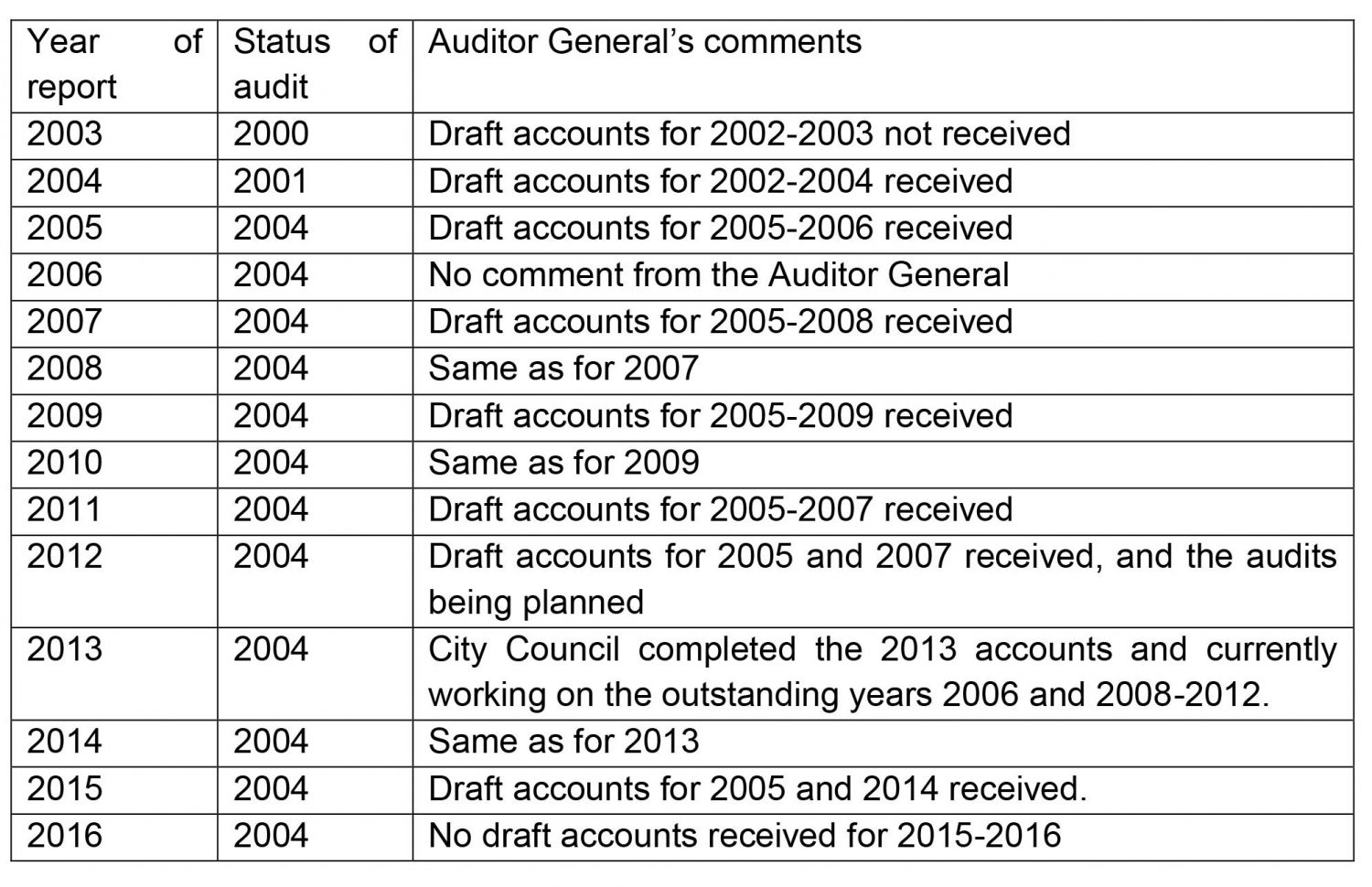
One of the interested companies is Petrobras, a Bra-zilian State-controlled company which was embroiled in the largest corruption scandal in the history of that country, that led to nation-wide protests in 2016 and contributed to the impeachment and subsequent removal of the Brazilian President Dilma Rousseff. The scandal, uncovered during a money laundering investigation nicknamed “Operation Carwash”, involved inflating contracts for construction and service works and “kicking-back” the difference, estimated at US$3 billion, into the personal bank accounts of senior executives of Petrobras, certain political figures, and the ruling party to fund its election campaigns. We must therefore be extremely careful in our selection process and ensure that the terms and conditions of any new agreement represent the best interest of the country. In addition, we should endeavour not to repeat the mistakes we have made in relation to the Production Sharing Agreement with ExxonMobil. We must also ensure that the related legislation and regulations, including our Procurement Act, are revised or amended so that any decision on the allocation of the remaining oil blocks is supported by legislation.

